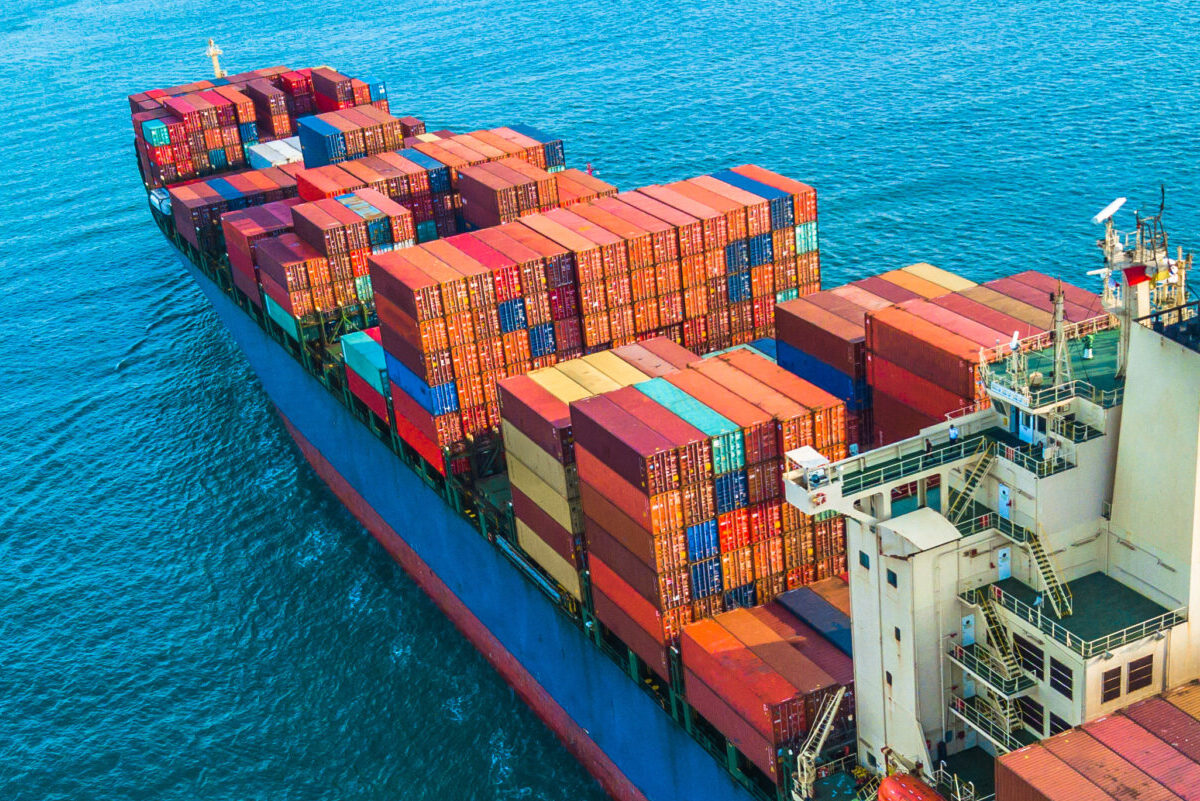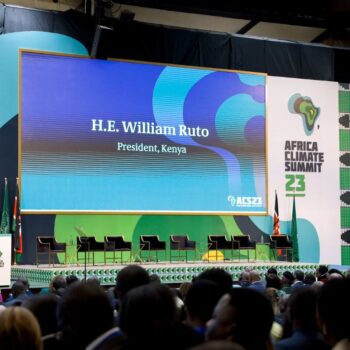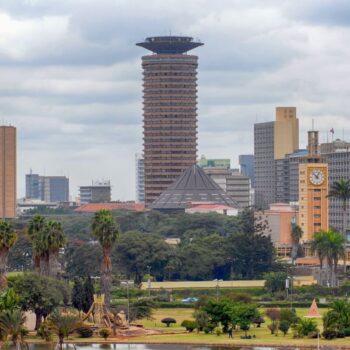Nearly a quarter of global carbon emissions relate to trade. Many so-called climate leading countries have significantly higher carbon footprints when the emissions related to their imports are taken into account. International trade and climate discussions are increasingly interacting with one another. However, trade and climate practitioners still largely work in silos. Because of this, policy makers and diplomats lack a coherent framework for understanding the trade and climate policy space.
We propose three interdependent priorities that must be balanced to achieve a coherent climate diplomacy and trade agenda:
- Addressing the carbon emissions embodied in trade – carbon emissions from domestic production are only part of the story for achieving net zero. Better accounting for consumption emissions is needed to understand the emissions embodied in trade. Consumption-based emissions targets may be needed in the future and new measures – such as due diligence requirements, carbon border adjustments, and product standards – will be required to address trade-related emissions. It is essential that these measures correspond with increases in domestic policy ambition and are accompanied by a considered diplomatic strategy to address the international implications, prioritising support for developing countries.
- Cooperating with trade partners to deliver net zero – supporting other economies to transition to net zero, particularly emerging and developing economies, must be a fundamental component of a green trade agenda, achieved by aligning trade, development, and climate policies. While Free Trade Agreements (FTAs) can sometimes enable sustainable development, effective cooperation can also be advanced through a range of other measures including green export support, clean technology access, development and transfer, and alignment with international climate finance.
- Reforming global trade and investment rules – the multilateral trade and investment system needs reform to meet the goals of the Paris Agreement. Climate policies are increasingly being challenged under outdated trade and investment rules. Climate-aligned trade policy cooperation should be promoted through an agenda-setting Trade Ministers Coalition for Climate. Elsewhere, climate change concerns must be prioritised in the overhaul of investment agreements like the Energy Charter Treaty.



